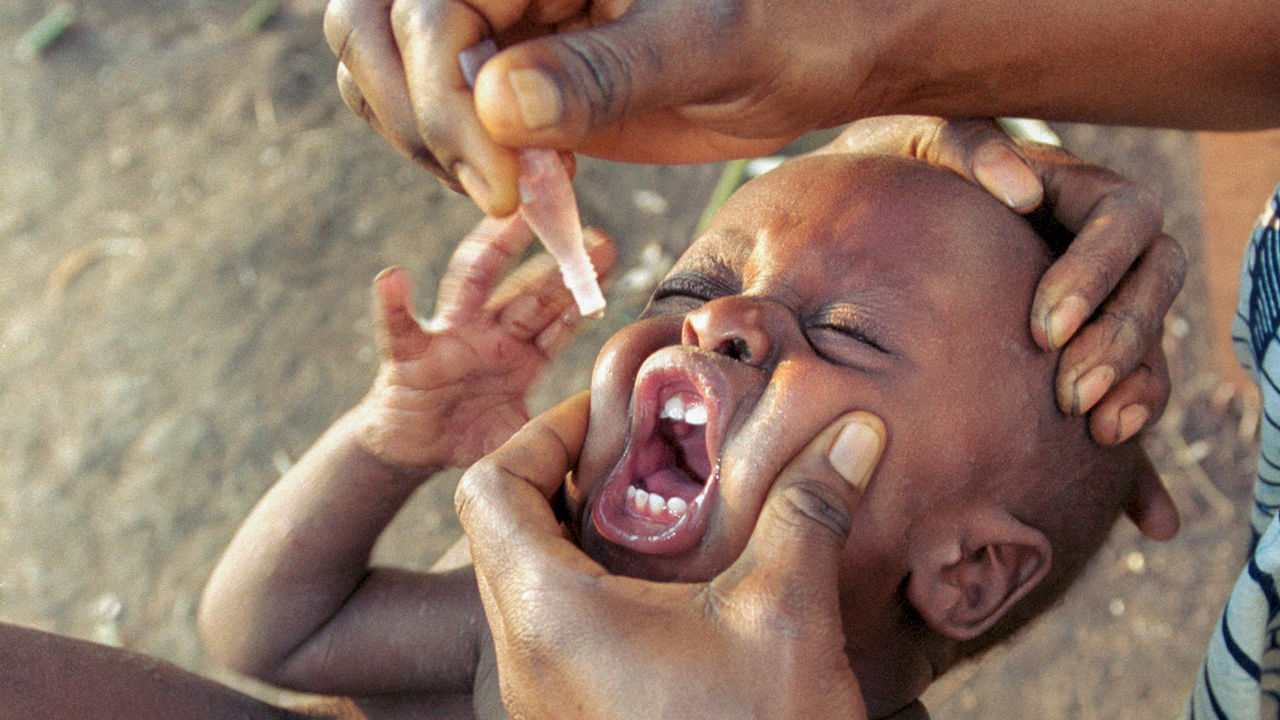Anthropocene Now: Influential Panel Votes to Recognize Earth's New Epoch
Atomic Age would mark the start of the current geologic time unit, if proposal receives final approval.
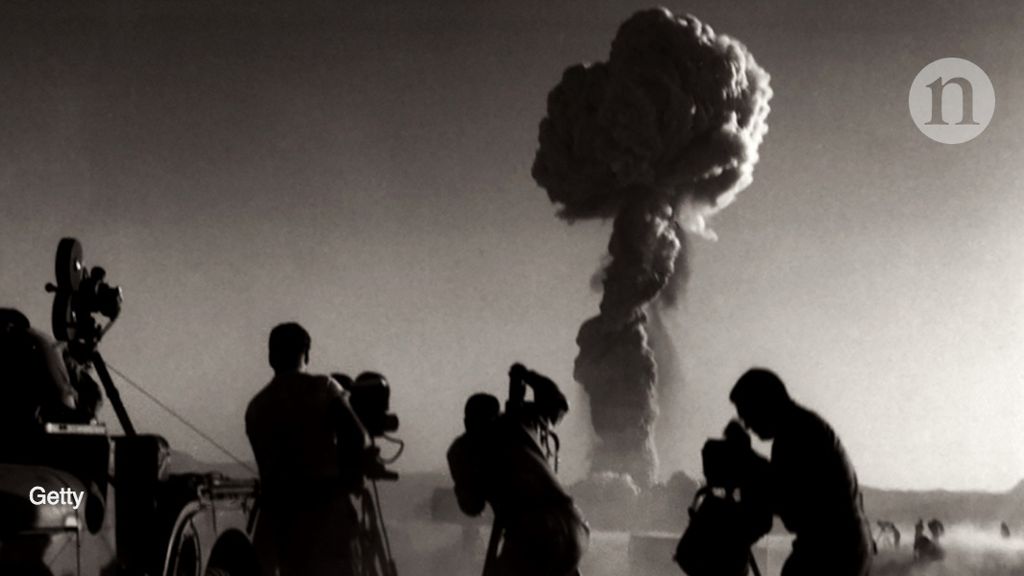
Send us a link
Atomic Age would mark the start of the current geologic time unit, if proposal receives final approval.

Marches were held at some 100 locations worldwide as part of a global day of action. Speakers at the NYC march touched on issues ranging from climate change and a Green New Deal to sexual harassment, gender inequity, and activism within STEM.
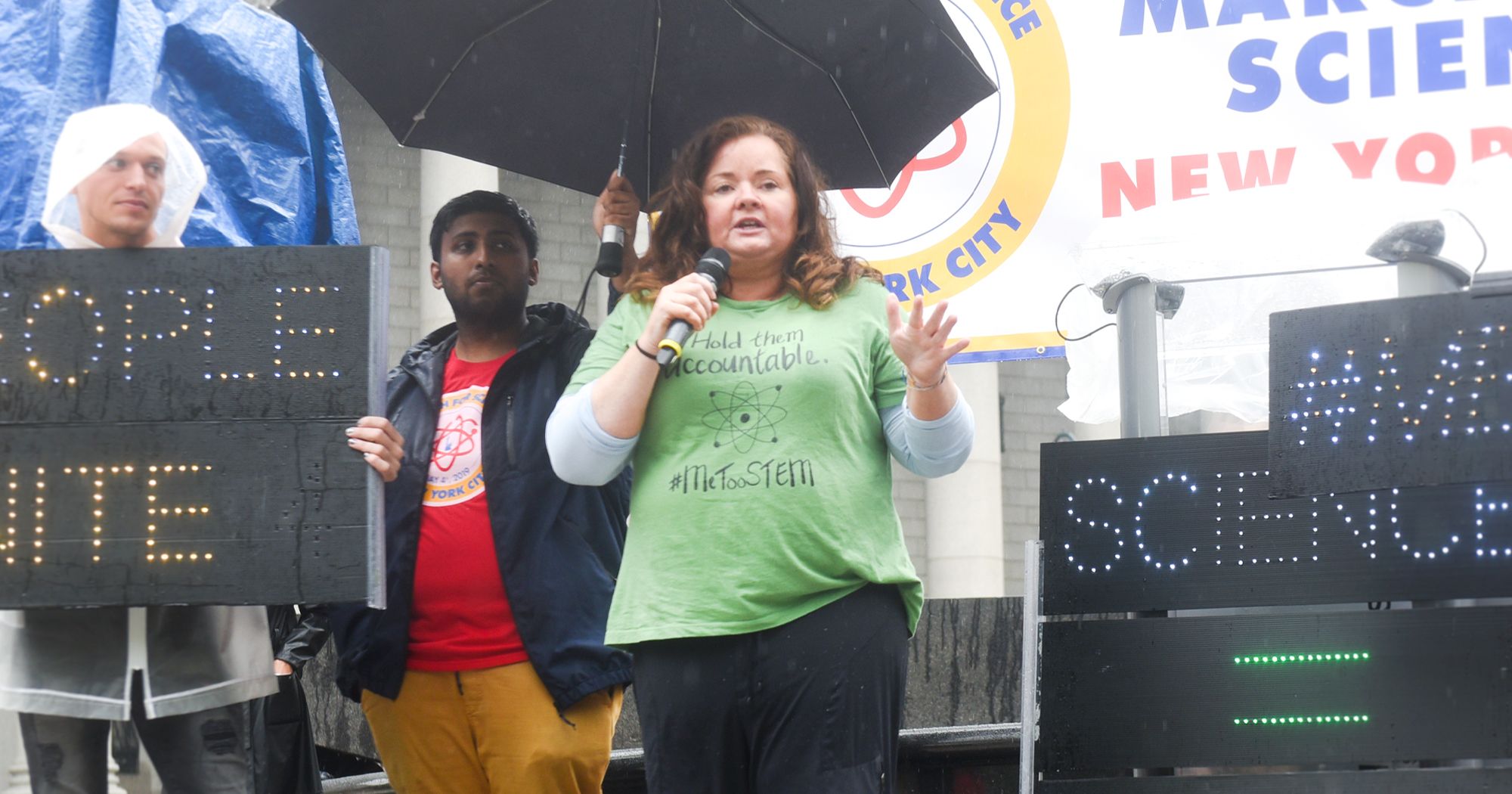
Critical scientific assessment of humanity's impact on nature to be released after Paris negotiations.

Meetings of a Centers for Disease Control and Prevention vaccine committee have become the latest front in a national battle over immunization.

An analysis of review, promotion and tenure documents from 129 US and Canadian universities suggests institutions could better fulfill their public missions by changing how they incentivize the public dimensions of faculty work.
Societal issues such as poverty, water scarcity, and food insecurity make it more important than ever for science to produce knowledge that is relevant to address serious challenges on the ground.
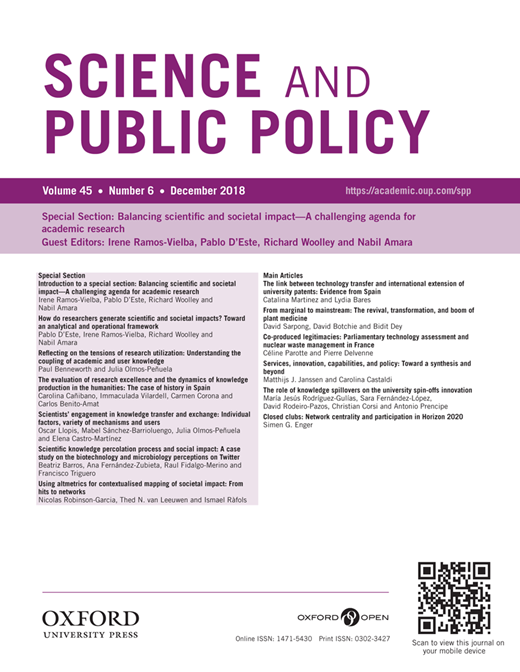
New research is out that could help explain why African Americans are often undertreated for pain, as various studies have shown.
The spread of fake news on social media became a public concern in the United States after the 2016 presidential election. This article examines exposure to and sharing of fake news by registered voters on Twitter.
People often suffer from an 'illusion of knowledge,' write the authors of a new study that finds that people who hold the most extreme views about genetically modified foods know the least.

Walter Ricciardi, the head of Italy's national health research organisation, says the populist government has 'difficulty interacting with science'.

A new classification system adds real-world complexity to social dilemmas like the paradigmatic 'tragedy of the commons.'
The appropriation of genetic research by those with extremist views on race has scientists grappling with how to respond.
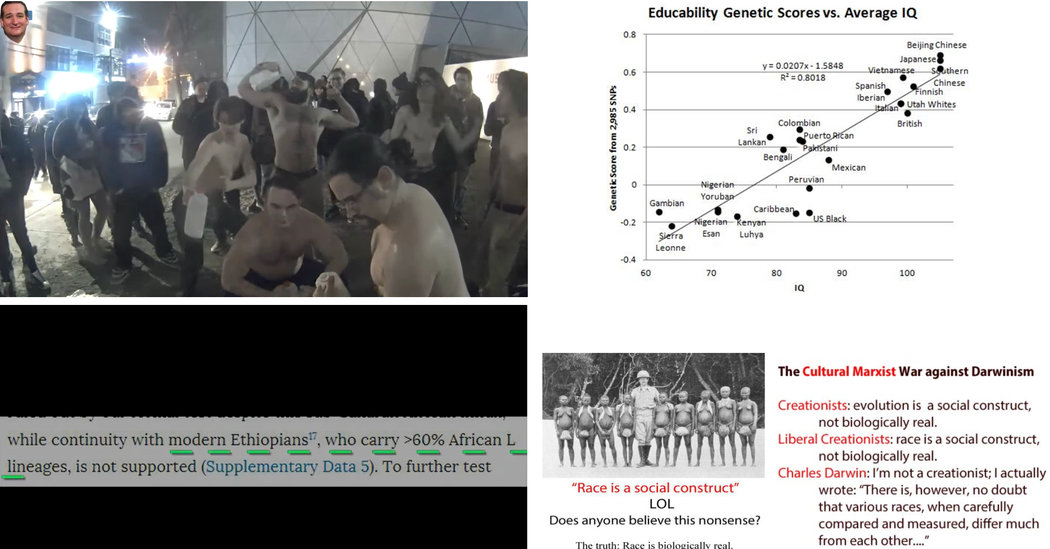
The measles outbreak in the United States and Europe keeps spreading despite the availability of a safe and effective vaccine. The cause? Science-denial.
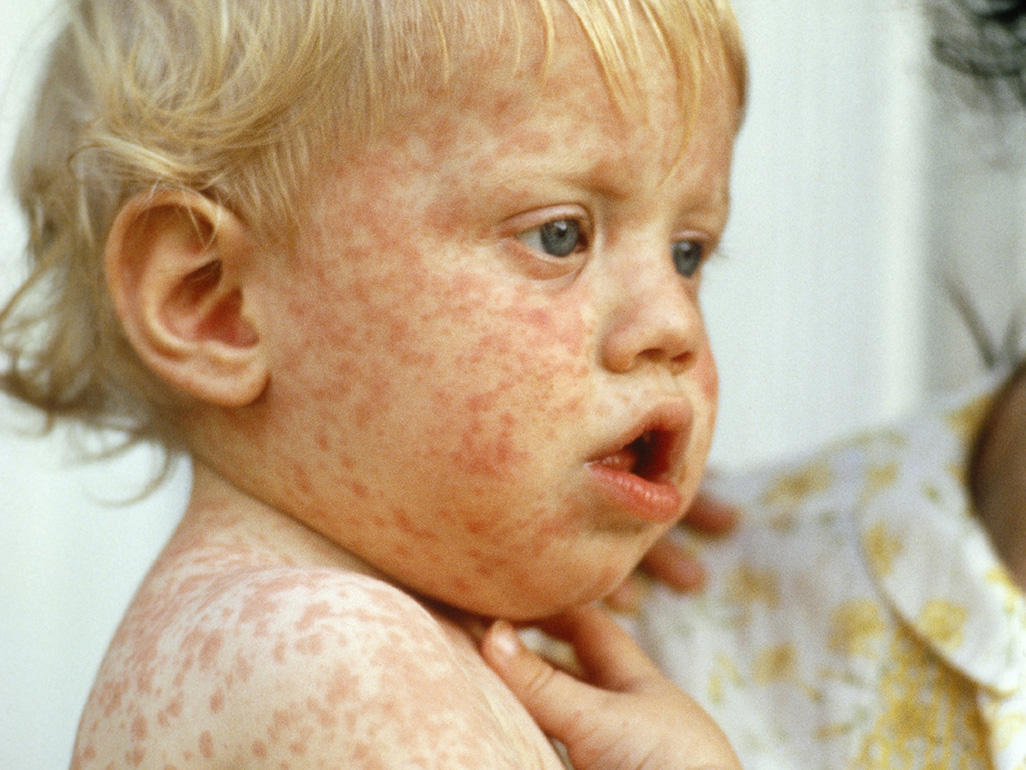
A new generation of scientists is confounding expectations and proving much more willing to engage with the public, not only because it benefits their development as researchers but also out of a sense of duty to society and a desire to have a positive impact on public perceptions of science.

Overshadowed by the Ebola outbreak in the Democratic Republic of the Congo (DRC), another frightening virus is on the loose in that vast, chaotic country: polio. Public health experts have worked for months to stamp out the virus, but it keeps spreading.
